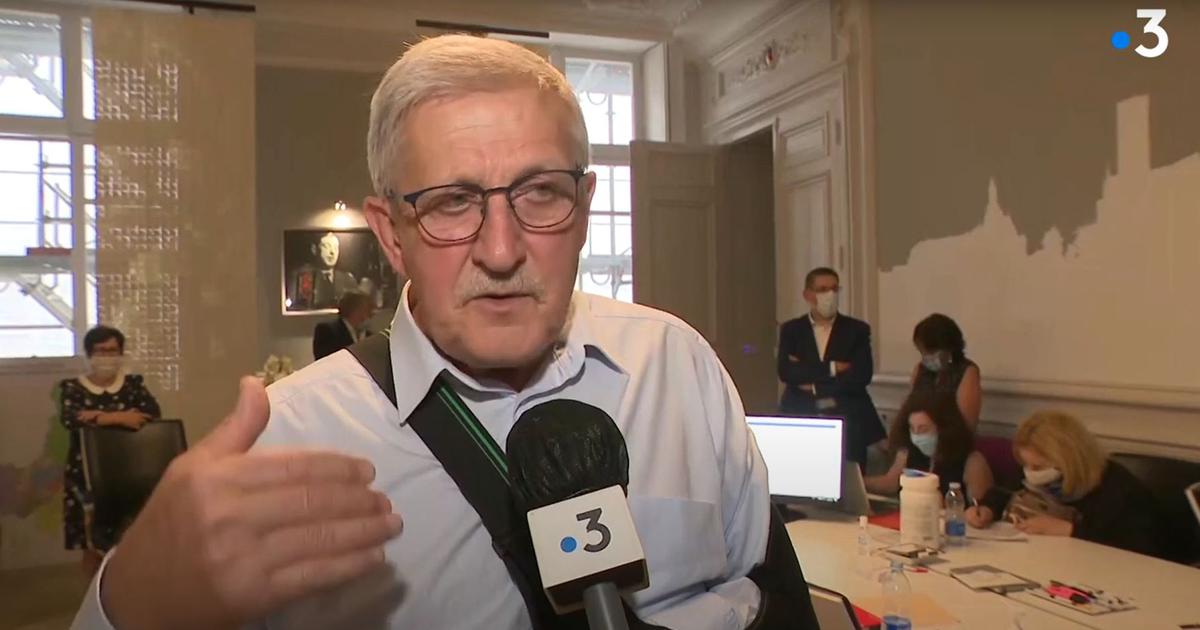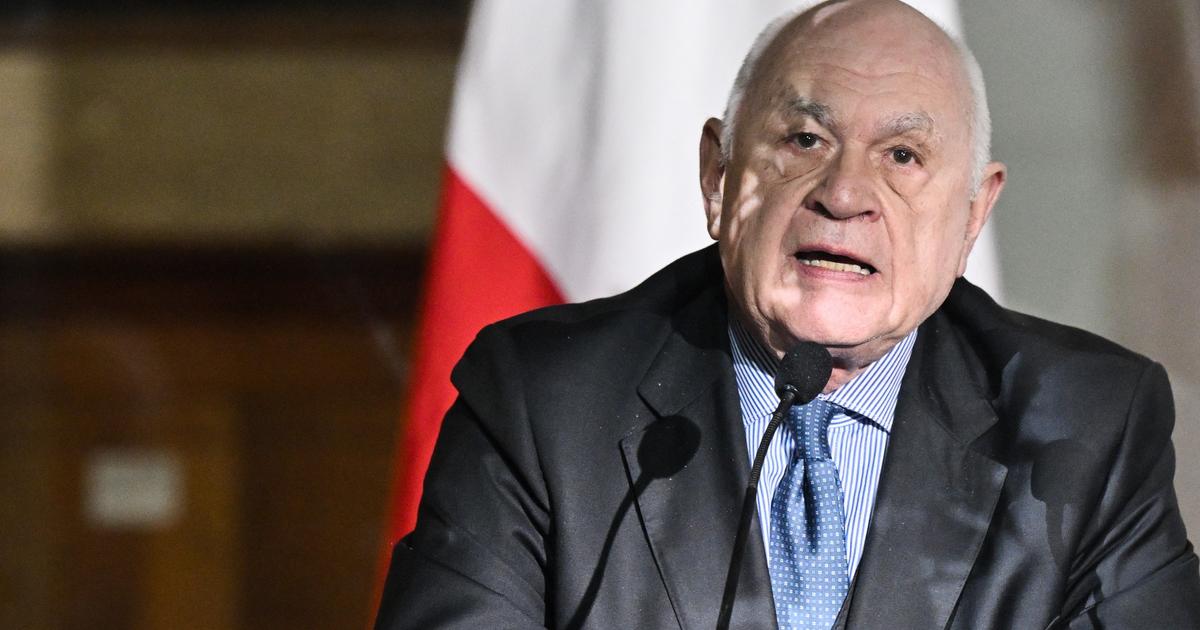The Superior Court of Justice of Catalonia (TSJC) has acquitted the former president of the Parliament and current Minister of Business and Labor of the Government, the Republican Roger Torrent, of a crime of disobedience to the Constitutional Court.
The other three pro-independence members of the Board of the Chamber tried for processing, in 2019, resolutions in favor of self-determination and against the monarchy have also been exonerated.
The sentence concludes that those resolutions constituted a "mere political proclamation" and that there was no intention to materialize the secession.
The sentence has been approved by the majority of the court and contains a particular vote that disagrees with that thesis.
“This is great news for freedom of expression and the right of initiative of the deputies.
The magistrates have determined that Torrent and the other three defendants —Eusebi Campdepadrós, Adriana Delgado and Josep Costa— did not commit a crime because the warnings from the Constitutional Court against the processing of the resolutions “allowed for more than one interpretation” and did not contain “a mandate clear and specific.
The court concludes that it has not been possible to prove that the members of the Board "were aware of and wanted to disobey the mandates" of the Constitution.
And he adds that they "followed the instructions" of the Secretary General of Parliament and his senior lawyer, who "are not political officials, but rather objective and impartial officials."
If a "strictly literal or formal" interpretation is not followed, it can be understood, says the TSJC, that "what was really prohibited by the Constitutional Court was continuing the political process of independence" and "wanting to materialize or exercise self-determination" .
In the resolutions processed by the Board and approved by the Parliament "they simply only wanted to talk about self-determination as a mere political proclamation, for the future, but with no intention of materializing it."
The judgment of the TSJC is great news for the freedom of expression and the right of initiative of the deputies.
The Parliament must have autonomy to talk about everything that interests the citizenry, also about self-determination and monarchy.
— Roger Torrent i Ramió 🎗 (@rogertorrent) November 23, 2022
Regarding the motion on the monarchy, the court points out that the defendants took into account the jurisprudence of the European Court of Human Rights (ECHR) in which it is stated that the independence, the monarchical form of the State and the criticism of the King "are issues of public interest" and that the debate around these issues "is protected by the right to freedom of expression."
And he adds that the Constitutional Court itself had considered in a previous ruling that "criticism of the monarchy as an institution in general, but detached from its current owner (...)" is allowed.
"Consequently, it is admitting that Parliament can debate the monarchy," the resolution states.
The particular vote of one of the magistrates (Marta Pesqueira) considers, on the other hand, that the four defendants are indeed responsible for a crime of disobedience and that they were duly warned by the Constitutional Court.
His conduct, according to this magistrate, was "manifestly stubborn, obstinate, recalcitrant and persistent", and for this reason he would deserve a disqualification sentence of between one year and four months and one year and eight months.
More information
The clash of criteria between courts raises the tension for the "law of only yes is yes" while waiting for the Supreme Court
The decision of the majority of the court, in any case, is to acquit, which marks a before and after in trials for disobedience.
Until now, the TSJC had condemned the Catalan politicians accused of this crime, although the cases were not exactly the same as this one.
Two years ago, he sentenced four deputies of the Bureau to 20 months of disqualification for allowing the processing of the resolutions that led to the illegal referendum of 2017 and the DUI (Unilateral Declaration of Independence).
Former President Quim Torra was also tried and sentenced for disobeying the Central Electoral Board and refusing to remove a banner supporting the prisoners of the
process
.
The conviction led to his disqualification and having to leave office.
Torrent's acquittal was made known when the government control session was held in Parliament.
The deputies of the three pro-independence groups (ERC, Junts and the CUP) and those of En Comú Podem have welcomed the sentence with an ovation.
The only discordant note has been put by Laura Borras, suspended president of the Chamber, who has remained impassive in the guest box, from where she usually follows the plenary sessions.
In her inauguration speech as president in 2021, Borràs alluded to Carme Forcadell but expressly omitted Torrent, highly criticized by Junts in his day for not having allowed the investiture of former president Carles Puigdemont.
The resolution of the cause was the only unitary response that the independence movement achieved —and one of the few since then— after the sentence of the
procés
.
The TSJC's decision actually goes back to the 1990s, when the Catalan Chamber approved without any judicial consequence any resolutions in favor of self-determination that were considered toasts to the sun, that is, political and non-binding declarations.
That was before the process began in 2012
, which reached its zenith in 2017
.
“The sentence is good for Parliament, for cases already open and for future Boards.
It cannot be that they carry out their activity under the back of Damocles of permanent judicialization.
The Table cannot become a censorship body or a mini Constitutional Court”, Torrent stated.
"We should never have gone to trial," she has settled.
The ruling does not recognize the inviolability of the institution and Torrent's lawyers have admitted that they have not yet decided whether or not to appeal the ruling,
reports Àngels Pîñol.
Torrent declared on the first day that he would defend before the judge "the protection of fundamental rights and parliamentarianism" and that he was protected by the right to freedom of expression, adding that this case is part "of the persecution of the independence movement."
Already in the trial, he argued that his action did not disobey the Constitutional Code because it "cannot prohibit a parliamentary debate understood as an expression of public interest" and the resolutions had a character of "political expression" on which the Board could not "exercise censorship". .
Subsequently, he admitted before the TSJC that the services of the Chamber communicated their "doubts" about whether the resolutions processed in 2019 contravened the Constitution.
You can follow EL PAÍS Catalunya on
and
, or sign up here to receive
our weekly newsletter

/cloudfront-eu-central-1.images.arcpublishing.com/prisa/IX7LZR4KIZASRJ5BRNJG2KHH3Y.JPG)





/cloudfront-eu-central-1.images.arcpublishing.com/prisa/YX5RQ7D2UFG4TBMGC37OIAGRB4.jpg)

